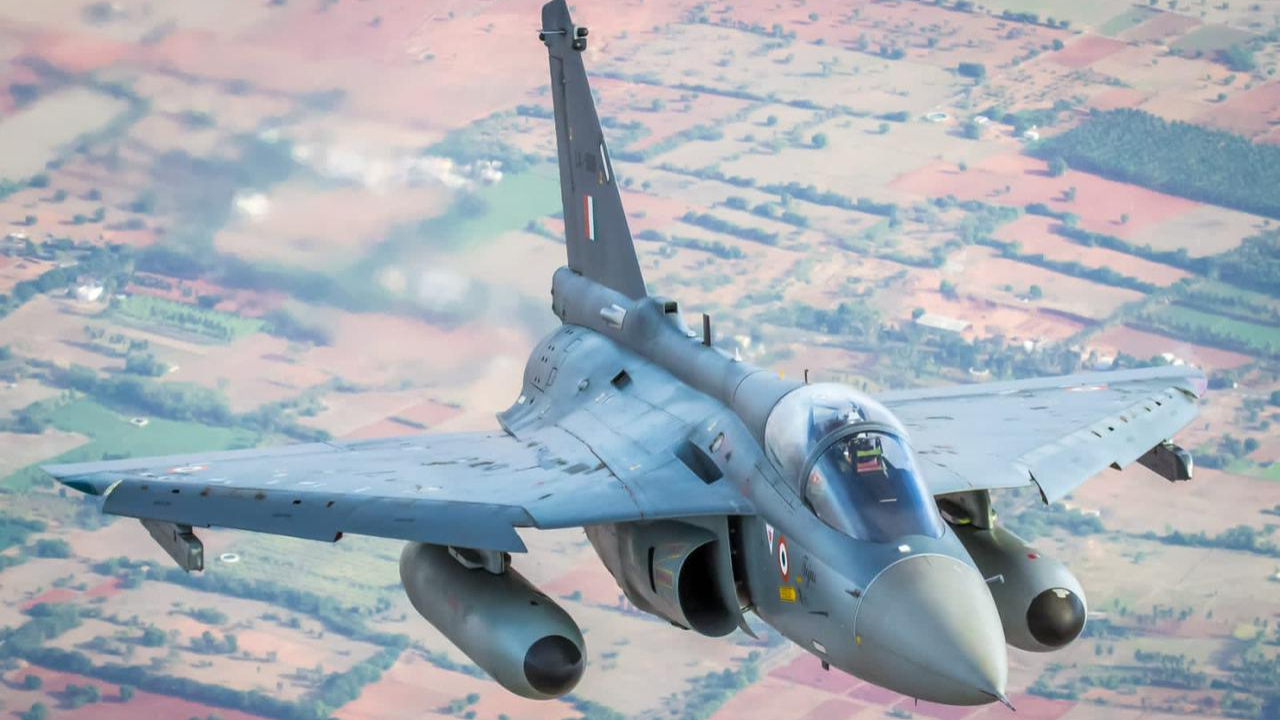The good news is that US company General Electric is now likely to begin from Nov onwards the much-delayed supply of GE-F404 turbofan jet engines, which power Tejas Mark-1A fighters, after defence minister Rajnath Singh flagged the matter during his visit to Washington last month.
IAF wants to induct around 300 Tejas fighters over the next 15 years, which will require defence PSU Hindustan Aeronautics (HAL) to step-up its production rate in a major way.
“The issue is matching production capacity with our requirements. The way forward is to diversify production lines, have more public private partnerships or joint ventures with private partners to have multiple weaponry lines as well as multiple production lines,” IAF chief Air Chief Marshal V R Chaudhari said, on the sidelines of the multi-nation Tarang Shakti exercise in Jodhpur.
On the supply of aero-engines, HAL is slated to get delivery of at least two GE-F404 engines per month from Nov onwards, as per the fresh commitment given by General Electric, officials told TOI.
“The assurance is there. But whether the delivery of the aero-engines actually begins in Nov remains to be seen,” an official said. The delay in the delivery timeframe of 99 GE-F404 aero-engines, which were to begin in March, is one of the major problems that has hit the production schedule of the first 83 Tejas Mark-1A jets, which were contracted from HAL under the Rs 46,898 crore deal inked in Feb 2021, as was reported by TOI earlier.
All these 83 “improved” Tejas Mark-1A jets were to be delivered to IAF in the February 2024-February 2028 timeframe. “Under the contract, the first jet was to be delivered by Feb-March this year, but it will probably come only by Nov now. At best, HAL will be able to deliver only eight of 16 jets that were to be delivered in the 2024-25 fiscal. All this will have a cascading effect down the line,” the official said.
Another Rs 67,000 crore contract for 97 more Tejas Mark-1A fighters is also now being finalized, with the defence ministry issuing the tender to HAL earlier this year.
India and the US, of course, are now also conducting the final techno-commercial negotiations for co-production of GE-F414 jet engines by General Electric and HAL for the Tejas Mark-2 fighters in India, with 80% transfer of technology for around $1 billion.
The cabinet committee on security in August 2022 had cleared the over Rs 9,000 crore development of the Tejas Mark-2 fighters with the more powerful GE-F414 engines. IAF plans to induct six squadrons (108 jets) of Tejas Mark-2, which will have a longer combat range and greater weapon-carrying capacity than the Mark-1A variant.
Under the long developmental saga of the Tejas, IAF till now has only got 35-36 of the first 40 Mark-1 fighters that were ordered for Rs 8,802 crore under two contracts inked in March 2006 and Dec 2010.






